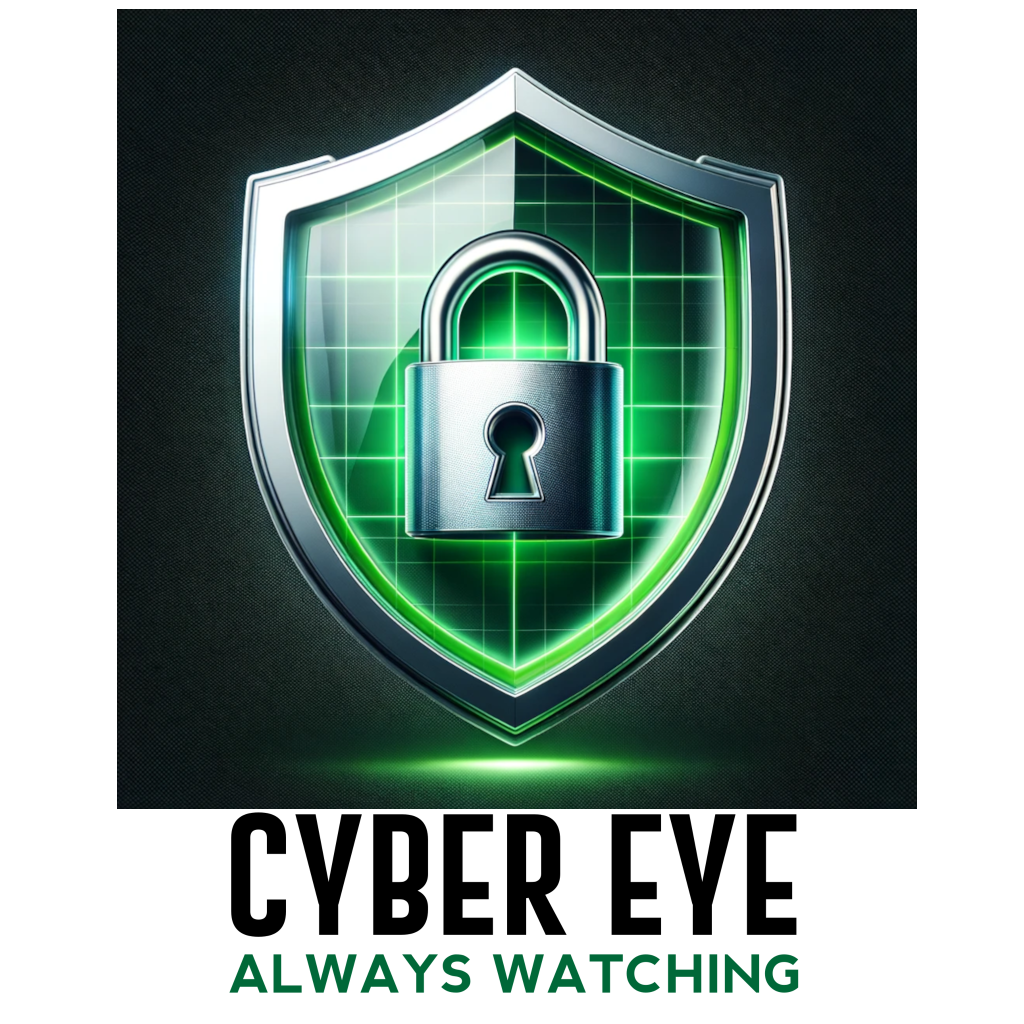On A Hot Day

Not The Droids You’re Looking For: On a hot day (which was not unusual for the desert planet of Tatooine), overlooking the Mos Eisley space port, the Jedi master warned his freshly-minted apprentice to be careful, with good reason. No sooner had they hovered into town in the weathered X-34, when they were stopped at an impromptu checkpoint. The gleaming troopers searching for stolen imperial plans demanded to see identification. Waving his aged fingers, the holy man muttered, “You don’t need to see his identification.” In a perplexing turn of events, the menacing guard robotically repeated those words, thereby blasting that exchange into galactic popular culture.
Cyber Jedi Mind Tricks: You may compare your computer to the weak-minded fools vulnerable to a Jedi mind trick: It does what it is programmed to do. Nothing more. For example, when an operating system looks for files (like when it hunts for malware), it does so in a methodical manner. Malware authors know how this is done, and they modify the list the operating system uses to find files, hiding their secret plans deep in the file system. They may even modify registry settings, install additional user accounts, and set up scheduled tasks.
Defender: According to several reputable sources, the Windows Defender component of Windows 10 is all the antivirus you need. It will take care of commodity malware, and it does so quietly. It doesn’t alert you when it finds malicious files. That’s good and bad. You won’t have a lot of alerts you have to investigate–that’s good, but you also won’t have a lot of alerts to investigate–that’s bad. You want to know when you get infected, so you can do something about it.
Don’t Fall For It: You also need to be aware and avoid falling for the Jedi mind trick yourself. It may come to you in the form of a popup, warning you that your computer is infected. It’s a lie. Don’t click anything in that window of warning. The red “x” in the upper right corner isn’t the close button. Every part of that window is the “install” button. Instead of clicking anywhere in that window, use the Windows Task Manager to find your browser instances, and end the task on all of them.
If Infected: What do you do if your computer legitimately becomes infected with malware? Like the stormtroopers on Tatooine, you can systematically check the identification of every program, and visit every mysterious dark hole within the Windows Operating System; however, be aware there are Jedi that will prevent your successful search. The most effective way to be sure you’ve deleted all the secret plans the malware left behind is to reinstall the operating system then reinstall all the necessary programs. Just make sure you create a backup of all your irreplaceable files before you do.
Let’s just be clear: Malware wants to hide, and it’s very good at it. A knot of Stormtroopers fitted with pure white armor briefly interrupted the Jedi concerning his mismatched metal companions at Mos Eisley. They were rebuffed. You will be rebuffed if you think you can find the malicious secret plans embedded in your computer.

